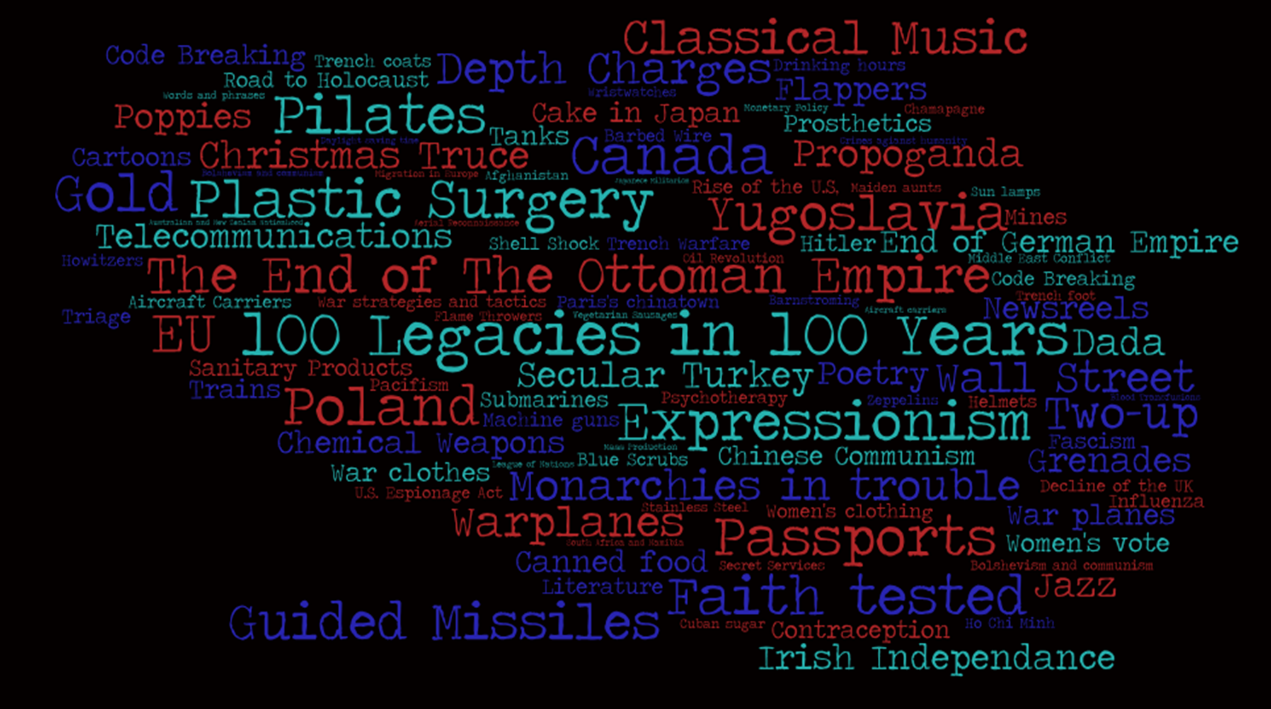On November 18, 1918, the ‘war to end all wars’ came to a cessation.
On November 18, 2018, the Ethics Club brought students together to mark 100 years after the end of the first word war.
First approached with this idea by the Social Studies department, I was unsure as to how this event would unravel itself. How does one compress and minimize four long years of a war that reshaped continents, eradicated most of the population and set a time bomb for an even more brutal war into one 20-minute-long presentation? The answer lay in the identity of our committee.
As the Ethics club, we realized that our approach should be one that is minimally informal and mostly moralistic. Our task was not to honor the war and its warriors, for, ethically, there was nothing to be highly esteemed about the symbols of man’s growing destruction. Our task was not to admire it as a feat of innovation or reform, our task was to provide the facts, our opinion and the counterargument. And our opinion was clear: we are remembering the war so as to learn and to be wary of its consequences…
In an engaging introduction, the audience was quizzed on the details of start and end of the war as well as its main causes. This was followed by a brief citation of the war’s major legacies. Next, students recited and read poems, letters and eyewitness accounts surrounding the most gruesome effects of the war on the personal lives and relationships of the individuals struggling through those times.

Finally, the presenters gave the audience the stage during the final debate on the Just War Theory and its plausibility.
The Just War Theory states that war, in any shape or form, could be acceptable and even the ethical resolution to antagonism under specified conditions that include proportional losses and gains, a lawful declaration and self-defense. Some argued in favor of its benefits, others could not perceive its validation.
In conclusion, the events proved to be an excellent opportunity to educate ourselves and others on not just the history of the world wars, but also the ethos and pathos of what makes the theories that defend and sustain them plausible. It was a reflection of Al Mawakeb students’ moral and social awareness and it contributed to the overall mission of the Ethics committee in emphasizing the importance of ethics in the identities of our generation.
